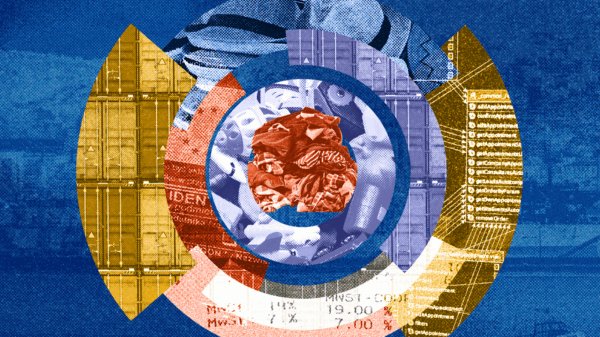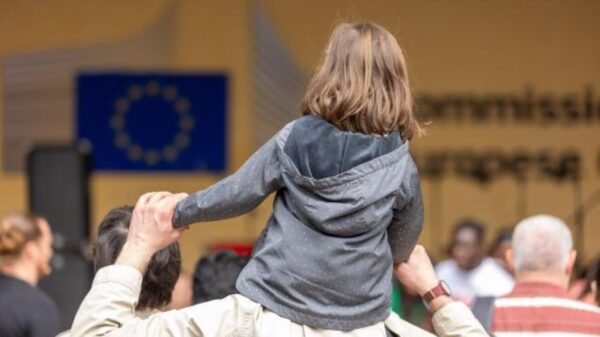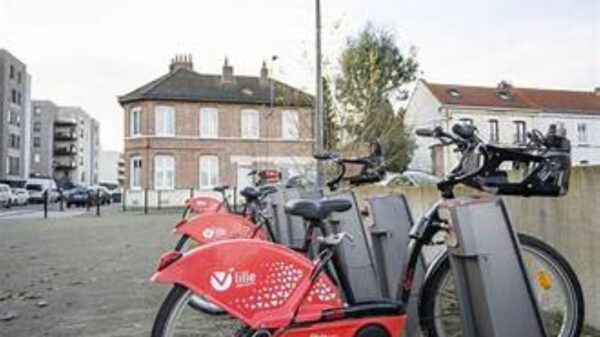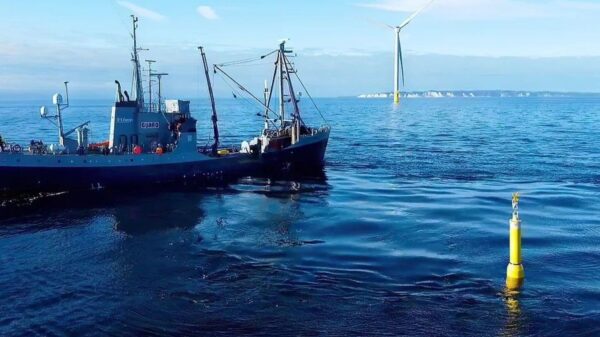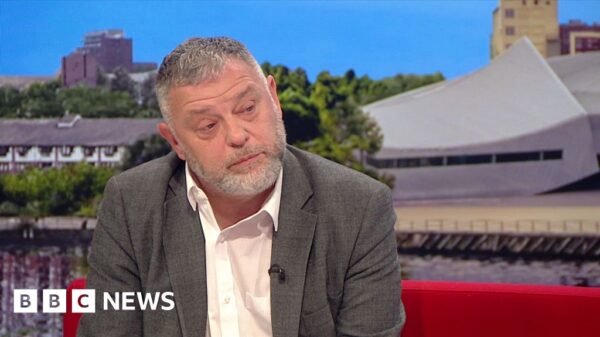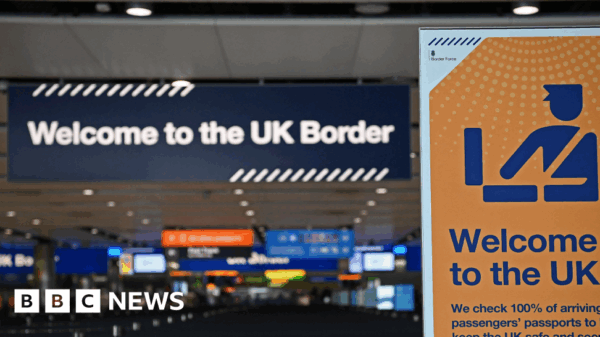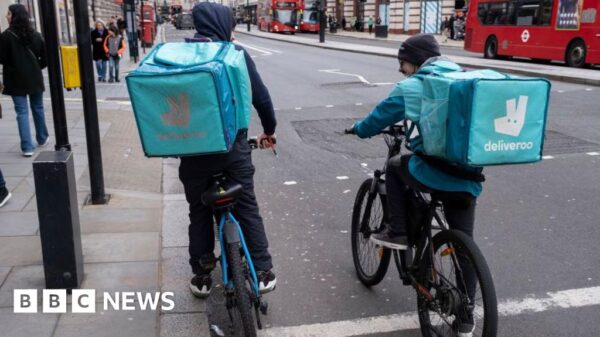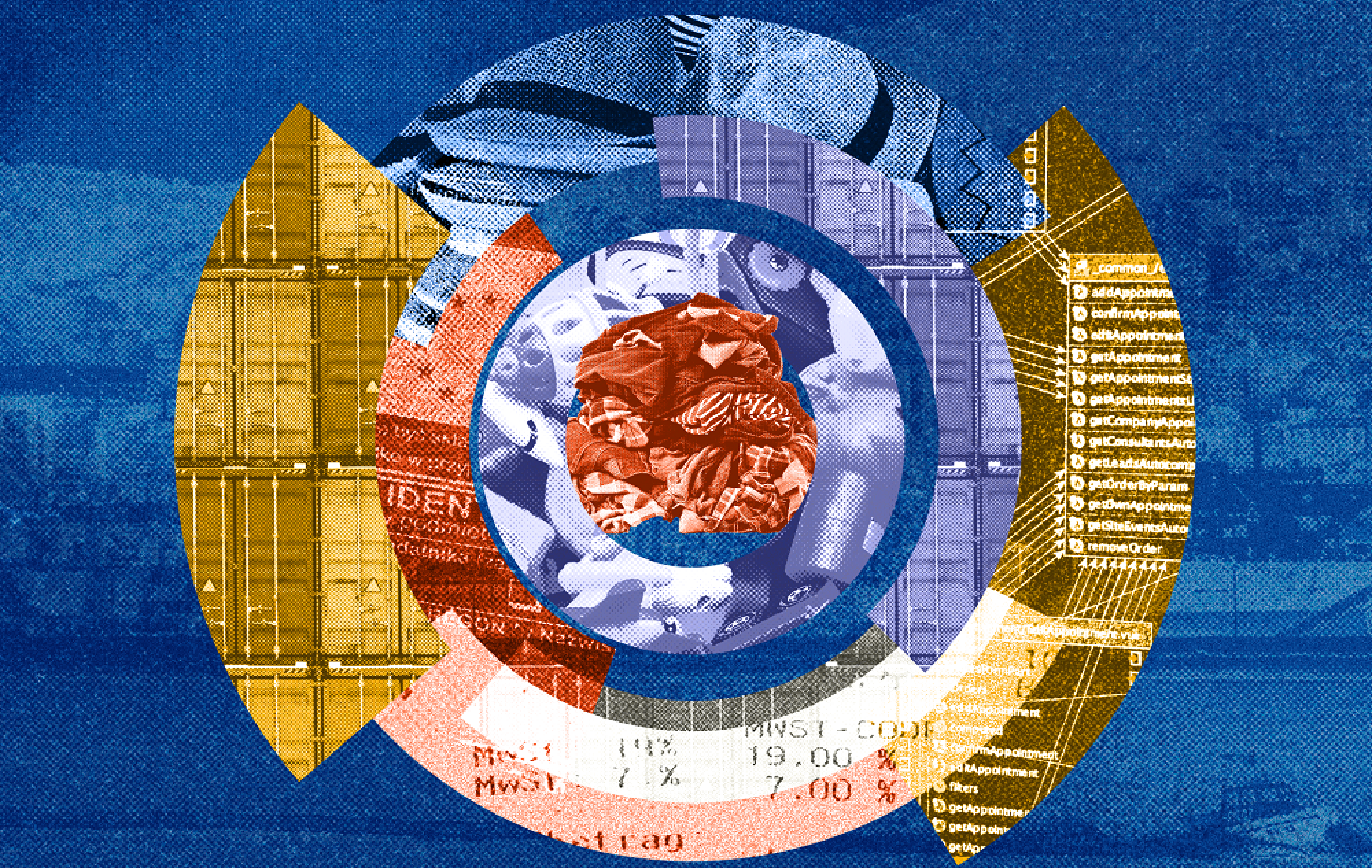The European Anti-Fraud Office (OLAF) has played a key role in a large-scale operation targeting the smuggling of high-quality counterfeit designer clothing, footwear and accessories into the European Union. These goods, produced and shipped from outside the EU, pose serious risks to not only the health and safety of consumers, but also to the legitimate fashion industry and the European economy.
The operation, which began with OLAF opening enquiries in 2024, has already resulted in the seizure of over 1.8 million counterfeit items, with an estimated market value exceeding €180 million. These seizures took place in Austria, Belgium, Germany, Italy, and in non-EU countries, and involved close coordination with customs authorities in both EU member states and third countries.
The counterfeit items—featuring logos of renowned fashion brands were so meticulously produced that even brand-appointed experts acknowledged their deceptive quality. The smugglers attempted to conceal the goods within containers behind layers of legitimately declared textile products.
In one of the most significant actions, nearly one million fake garments and accessories were intercepted at the Port of Trieste by the Italian Customs and Monopolies Agency (ADM) and Guardia di Finanza, with intelligence and operational support from OLAF. The items originated from Ambarli Port in Türkiye and were bound for the Netherlands. The full press release (in Italian) can be found here.
Director-General of OLAF Ville Itälä said: “This is a textbook example of what OLAF does best: coordinating across borders, analyzing complex intelligence, and helping national authorities act decisively. Counterfeit goods hurt the EU’s economy, rob legitimate businesses of revenue, endanger jobs, and put consumer health at risk. Fashion counterfeiting, in particular, is often linked to unsafe production practices and unethical labour conditions. This kind of illegal trade must be stopped at the source.”
The wider impact of counterfeit fashion on the EU economy is profound. The industry loses billions in legitimate revenue each year, which also means fewer jobs, reduced innovation, and less tax income for public services. Moreover, counterfeit clothing and accessories may often contain dangerous substances such as heavy metals and toxic dyes, posing direct threats to consumer health.
OLAF enquiries are ongoing. Further investigations are being conducted into the supply chains and networks responsible for this illicit trade, with the goal of dismantling the operations and ensuring that counterfeit products do not reach European consumers.
OLAF mission, mandate and competences:
OLAF’s mission is to detect, investigate and stop fraud with EU funds.
OLAF fulfils its mission by:
• carrying out independent investigations into fraud and corruption involving EU funds, so as to ensure that all EU taxpayers’ money reaches projects that can create jobs and growth in Europe;
• contributing to strengthening citizens’ trust in the EU Institutions by investigating serious misconduct by EU staff and members of the EU Institutions;
• developing a sound EU anti-fraud policy.
In its independent investigative function, OLAF can investigate matters relating to fraud, corruption and other offences affecting the EU financial interests concerning:
• all EU expenditure: the main spending categories are Structural Funds, agricultural policy and rural development funds, direct expenditure and external aid;
• some areas of EU revenue, mainly customs duties;
• suspicions of serious misconduct by EU staff and members of the EU institutions.
Once OLAF has completed its investigation, it is for the competent EU and national authorities to examine and decide on the follow-up of OLAF’s recommendations. All persons concerned are presumed to be innocent until proven guilty in a competent national or EU court of law.

